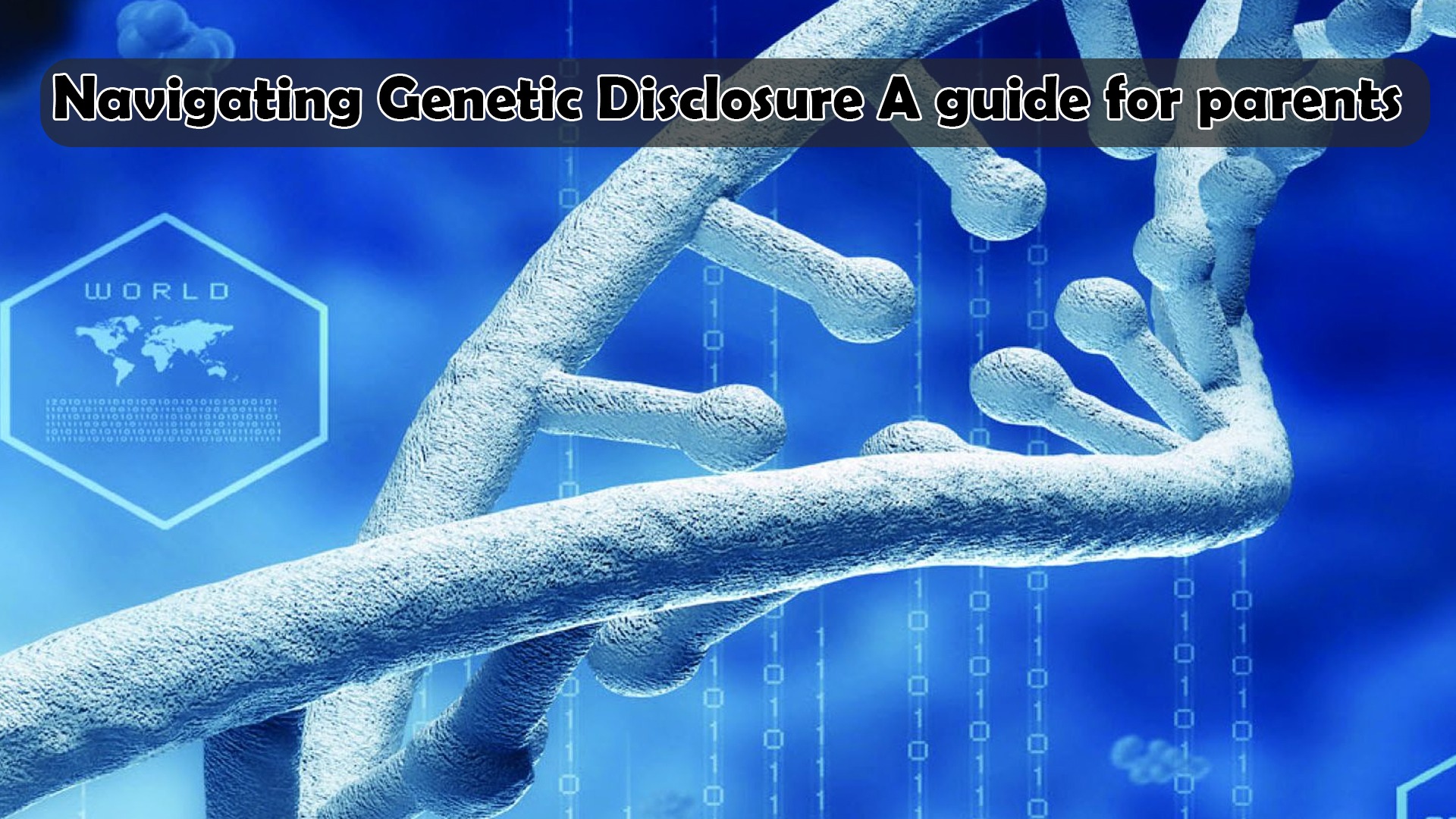If you’re a parent, you may have been asked at some point if you’d like to know your child’s genetic information. It’s becoming more and more common for parents to have this information – but it raises the question of when and how to share it with your child. Read on for our thoughts on this complex issue.
If parents have genetic information about their children, when and how should they share it with the child?
Discussing genetic information with your child can often be difficult, but it’s important if the parents possess this type of knowledge. The right time to share this information depends on the age of the child and their maturity level. Parents should consider whether the child is old enough to understand such complex details, as well as whether they are emotionally ready. It’s also important to frame conversations around genetics in a positive way. Acknowledge that it may not be easy for them to accept any unexpected results, such as a parent’s health condition being passed down to them. Give them an opportunity to make their own decisions about what genetic tests or screenings they want and how much information about those tests they would like to know beforehand. It can be a good idea for parents to provide resources for extra learning if their children are curious and interested in exploring their hereditary connections further.
The pros and cons of sharing this information with children
When it comes to sharing information with children, there are some important pros and cons to consider. On the one hand, giving them access to resources and teachings can encourage independent learning and stimulate their inquisitive minds. But on the other, it could lead to overloading them with too much for them to grasp, or even overwhelm them with sensitive concepts. Age can also be a factor in how much should be shared; younger kids may need more guided assistance when exploring new ideas. To navigate these murky waters, parents should establish boundaries and expectations around communication that accommodate their child’s interests and capabilities. Doing so creates a safe space for exploration without risking any confusion or emotional distress.
How to broach the subject if you decide to tell your child about their genetics
If you are considering telling your child about their genetics, it can be a delicate subject to discuss, but ultimately very beneficial. The most important thing is to approach the subject with an open mind and an understanding that it might take some time for them to process the information. Perhaps start by introducing the topic in a casual way, then gradually explain more as they ask questions or become more comfortable with the conversation. Make sure to emphasize that although this is information about their genetic makeup, it doesn’t change who they are and what makes them unique. Letting them know this will allow them to feel empowered and more informed about how genetics plays a role in their life.
The possible implications of not sharing this information with children
As adults, we know that there is some information out there that isn’t suitable for children. In fact, keeping certain facts away from kids can benefit them in the short term. After all, young minds often lack the maturity and processing capacity to make sense of complicated topics or handle the weight of certain stories; it is a way to protect them from having to deal with potentially traumatic or confusing subject matters. However, it’s important to remember that withholding information can have some implications down the road. Keeping kids in the dark about certain realities can potentially lead to confusion and resentment as they get older and are suddenly exposed to these sensitive topics. Therefore, while it may be beneficial in the immediate term, not sharing information with children should always be done with caution.
Though it may be difficult to have these conversations, they are important in order to ensure that your children are prepared for whatever the future might hold. If you have any questions or would like help getting started, please feel free to reach out to us. We specialize in helping families navigate complex genetic information and make informed decisions about their health.







